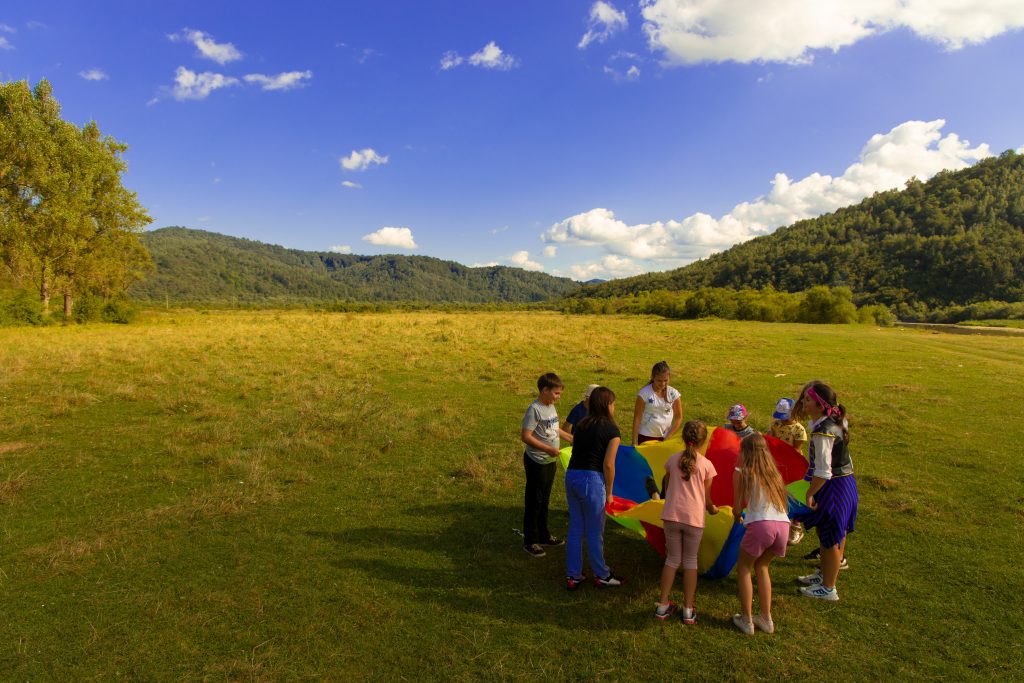Supporting youth, parents and teachers’ mental health

To alleviate the impacts of COVID-19 policies, many initiatives have been developed by civil society organisations – NGOs, local governments, or citizens. A team of national researchers from the RESISTIRÉ project has collected and highlighted a set of particularly relevant initiatives in 27 European countries and in Iceland, Serbia, the United Kingdom and Turkey. These Better Stories currently cover eight specific domains: gender-based violence, the labour market, the economy, gender-pay and pension gaps, gender care gaps, decision-making and politics, environmental justice, human and fundamental rights.
This Better Story was collected by Marita Zitmane.
The impact of the COVID-19 pandemic on children’s and families’ emotional well-being and mental health
The COVID-19 pandemic and associated safety measures to control infections and morbidity – such as physical distancing, strict assembly restrictions, and remote learning – had an impact on children’s and families’ emotional well-being and mental health, as well as pupils’ learning outcomes and high workloads. The impact has been especially pronounced for many parents who have combined work with childcare. In turn, educators and heads of educational institutions have had to adapt to the established restrictions for a long time, changing their daily rhythm and habits and looking for optimal solutions to adapt to the learning process within the existing restrictions, as well as organising and providing support to learners. The target groups were schoolchildren and schoolteachers as well as parents of children in need of psycho-emotional support.
Summer camps and mental heal promotion activities for children and youth
The Latvian government implemented a three-pronged policy measure designed to provide relief to youth, parents, and teachers from the emotional and educational hardships caused by COVID-19. While one branch was focused on the well-being of teachers, the other two focused on youth.
One of the proposed ways to mitigate the effects of the crisis was to ensure the availability of children’s and youth camps during the summer, which would support both children and young people, as well as their parents, in acquiring skills and competences. In total, it was meant to provide opportunities for approximately 23,100 children and young people to participate in the camps, primarily promoting the involvement of children and young people from social risk groups (i.e., socially disadvantaged families with low incomes).
Mental health promotion activities at school also aimed at involving young people and strengthening young people’s competences with regard to taking care of their mental health.
Photo by Artem Kniaz on Unsplash
